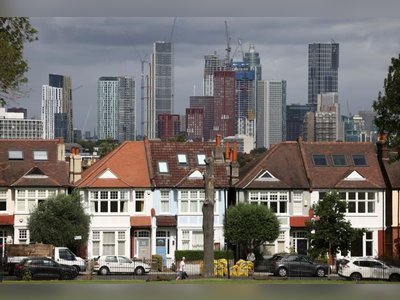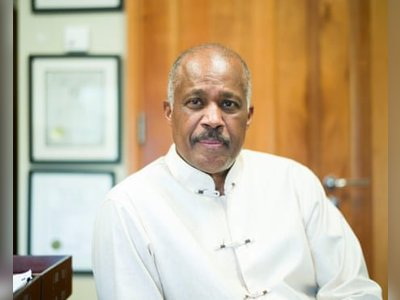
UK Government Announces Sweeping Asylum Reform to End Permanent Status and Tighten Rights
Home Secretary sets out major changes including temporary refugee status, longer settlement wait, and benefit curbs
The UK government is moving ahead with the most extensive overhaul of its asylum system in modern times, aiming to reshape how refugee status is granted and managed.
The reforms will end the automatic path to indefinite residence for those granted protection and replace it with a temporary model in which status must be renewed every two-and-a-half years.
Under the proposed rules, individuals arriving illegally will face a requirement to wait up to twenty years before qualifying for permanent settlement.
The government also intends to revoke the automatic entitlement of asylum seekers to housing and financial support, instead granting assistance only when individuals cannot work or support themselves.
Refugees and beneficiaries of asylum will become subject to regular reviews assessing whether it remains safe for them to return to their country of origin.
For Ukrainians granted protection under temporary arrangements, the changes signal that their stay may also be limited once the conflict ends.
In addition to status and support changes, the reforms include tightened legal protections.
The interpretation of Article 8 of the European Convention on Human Rights – which protects the right to family and private life – will be revised so that only immediate family links such as a parent or child will qualify for protection against removal.
Article 3, which prohibits torture or inhuman or degrading treatment, is being re-examined to prioritise public safety considerations in decisions on returns.
The appeals system will also be reformed: a new independent body will replace aspects of the tribunal process to speed up decisions and clear the backlog of claims.
The government says the Oxford- and Denmark-style model underpinning the changes is necessary to regain control over what Home Secretary Shabana Mahmood described as a “system out of control, placing huge pressure on communities.”
Critics warn that the changes risk undermining core protections for people fleeing conflict or persecution and could deepen hardship for vulnerable individuals.
The government maintains that the reforms are designed to restore fairness and reduce unlawful migration, while preserving protection for those in genuine need.
With legislation expected to be introduced in the coming weeks, attention now turns to how the changes will be implemented, how international obligations will align with the new direction, and how communities, local services and migrants themselves will adapt to the new system.
The reforms will end the automatic path to indefinite residence for those granted protection and replace it with a temporary model in which status must be renewed every two-and-a-half years.
Under the proposed rules, individuals arriving illegally will face a requirement to wait up to twenty years before qualifying for permanent settlement.
The government also intends to revoke the automatic entitlement of asylum seekers to housing and financial support, instead granting assistance only when individuals cannot work or support themselves.
Refugees and beneficiaries of asylum will become subject to regular reviews assessing whether it remains safe for them to return to their country of origin.
For Ukrainians granted protection under temporary arrangements, the changes signal that their stay may also be limited once the conflict ends.
In addition to status and support changes, the reforms include tightened legal protections.
The interpretation of Article 8 of the European Convention on Human Rights – which protects the right to family and private life – will be revised so that only immediate family links such as a parent or child will qualify for protection against removal.
Article 3, which prohibits torture or inhuman or degrading treatment, is being re-examined to prioritise public safety considerations in decisions on returns.
The appeals system will also be reformed: a new independent body will replace aspects of the tribunal process to speed up decisions and clear the backlog of claims.
The government says the Oxford- and Denmark-style model underpinning the changes is necessary to regain control over what Home Secretary Shabana Mahmood described as a “system out of control, placing huge pressure on communities.”
Critics warn that the changes risk undermining core protections for people fleeing conflict or persecution and could deepen hardship for vulnerable individuals.
The government maintains that the reforms are designed to restore fairness and reduce unlawful migration, while preserving protection for those in genuine need.
With legislation expected to be introduced in the coming weeks, attention now turns to how the changes will be implemented, how international obligations will align with the new direction, and how communities, local services and migrants themselves will adapt to the new system.









